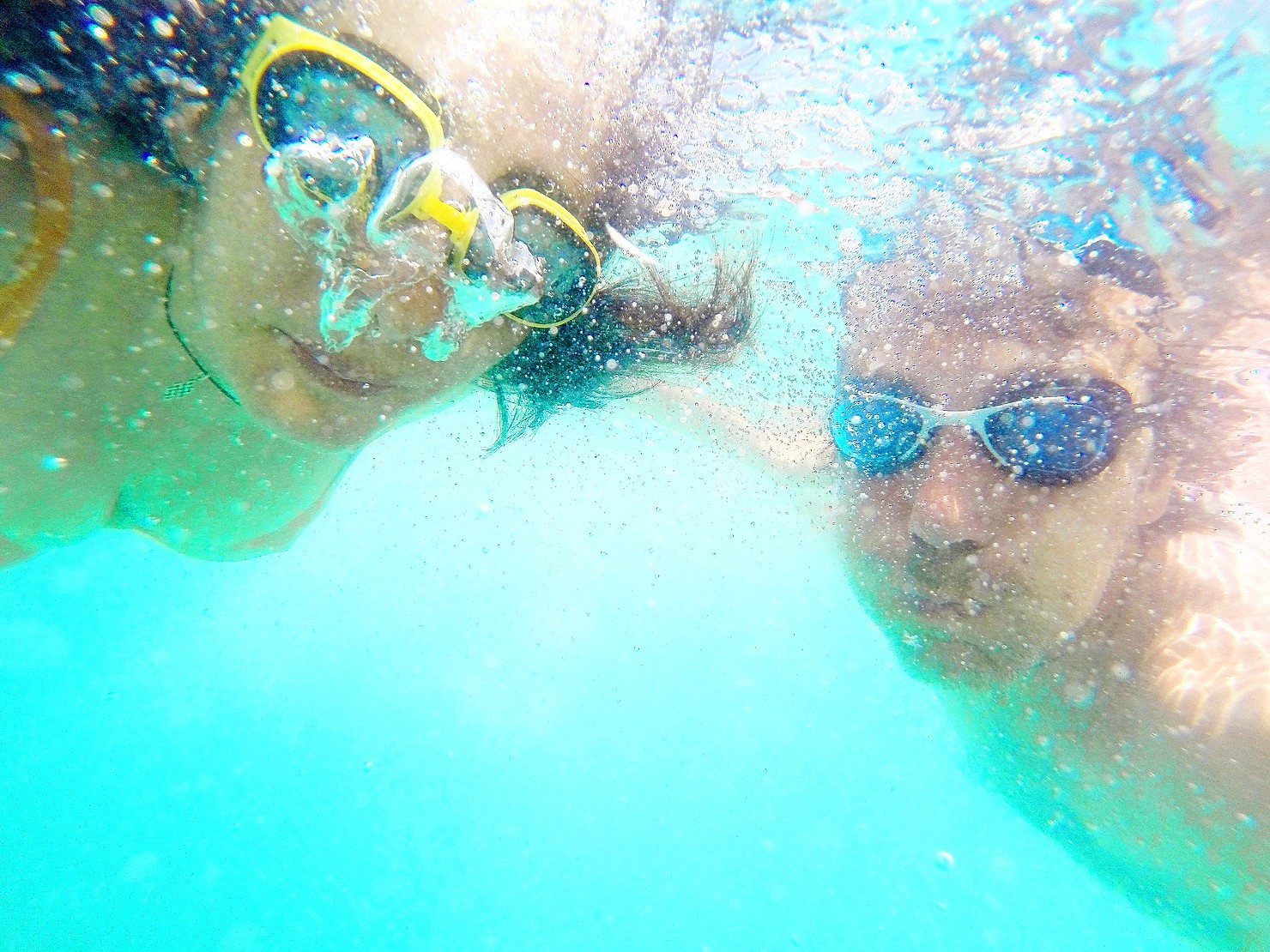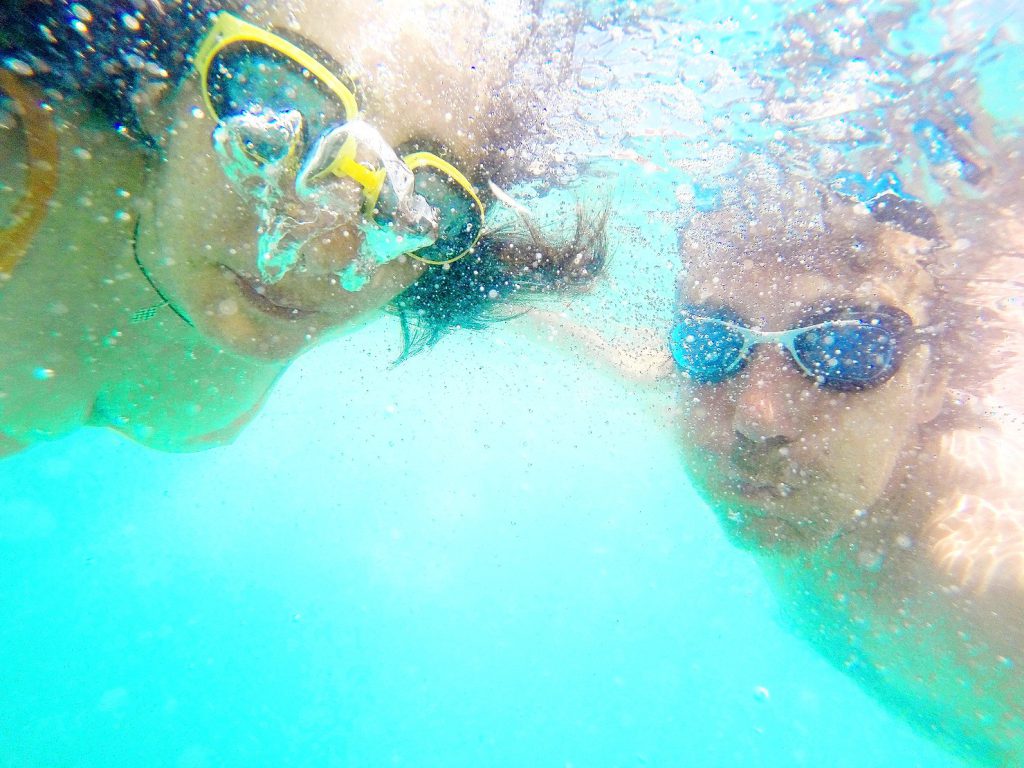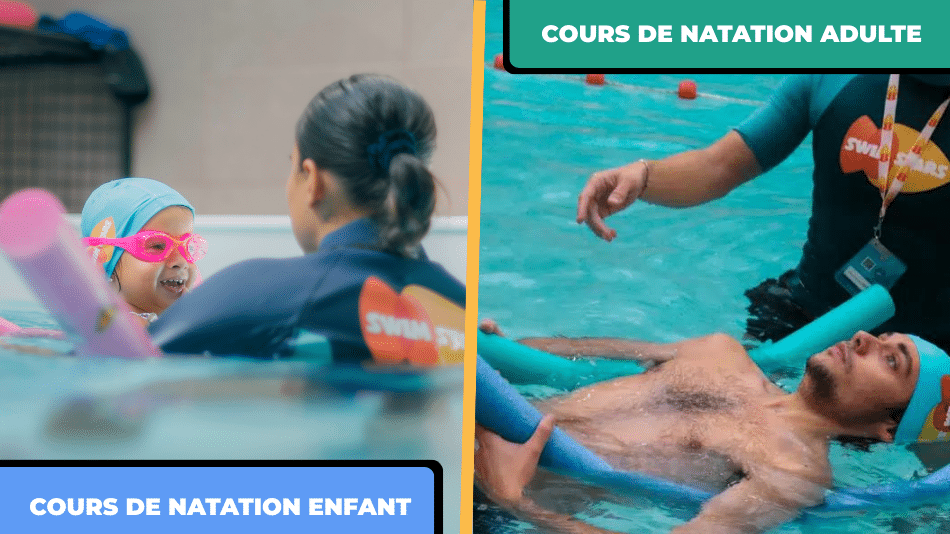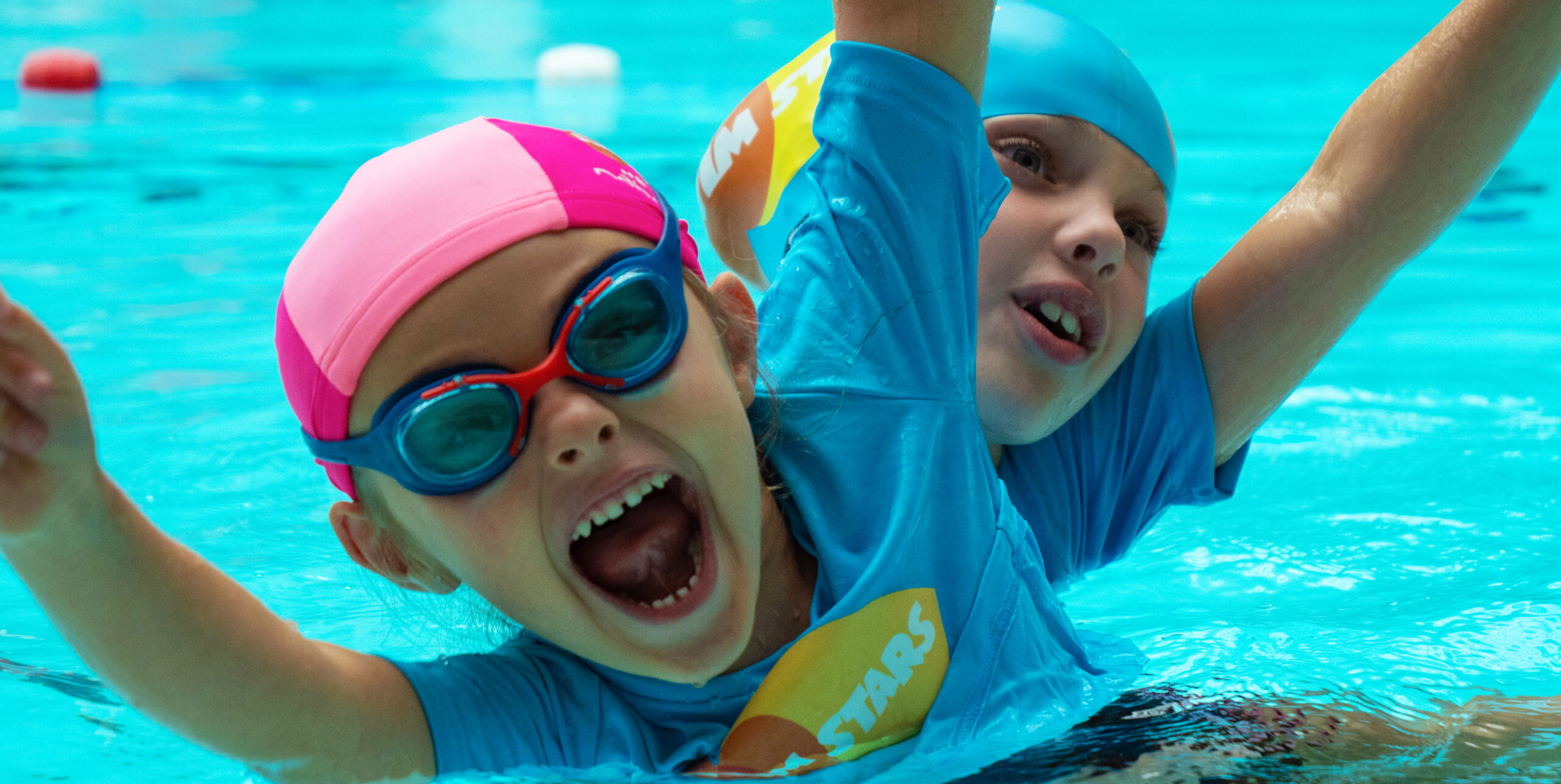Why hold your breath?
Learning to hold your breath is essential in swimming. Water is dangerous for humans because we breathe air and, as we all know, water has no air!
Breathing control is essential
The need to breathe occurs automatically. When we exhale, our body naturally tells us to inhale. This same situation cannot occur in water – there is no air underwater!
Someone who can’t swim sucks in water and therefore puts himself in danger. The risk of drowning is thus very high.
If you are in trouble underwater and don’t know what to do, you will never get to the surface fast enough to breathe. You will swallow and suck the water back into your lungs.
When someone discovers this element or that person is a non-swimmer, the best course of action is to hold your breath.
Breathing control is one of the skills we teach our students at Swim Stars.
Hold your breath, then learn to blow!
To avoid getting into trouble and having to hold your breath to avoid drowning, the best way is still to learn to swim and therefore, to breathe.
“Today is your birthday! So you’ll blow out the candles with all your might!“encourages the coach, addressing his little swimmer fish of the day. In fact, to achieve the efforts of swimming and improve endurance, the student must learn to control his breathing.
With each arm or leg cycle or both, release the air little by little into the water to make bubbles. Before naturally reinflating the lungs to produce a new effort of sliding!
During an introduction to SELF-RESCUE, the program of which is validated by Camille Lacourt
making bubbles with the mouth is one of the first exercises to be done. Because it is often the most fun but it is also the basis.
Once you have learned how to hold your breath, learning to release the air in the water is the very beginning of learning how to deal with the aquatic environment at a very young age. First the mouth, then the nose as if blowing your nose. In addition, the breathing method is different for each stroke and the crawl is probably the most demanding.
the crawl is undoubtedly the most demanding.




